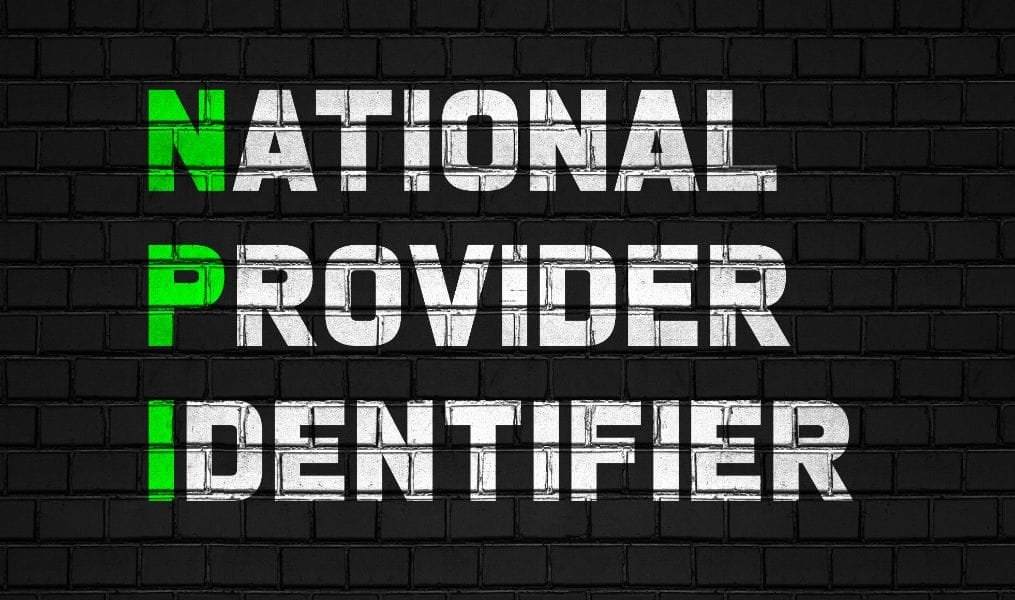A Comprehensive Guide to Understanding National Provider Identifiers
In the complex world that is healthcare, the accurate identification of healthcare providers is crucial for ensuring smooth operations, efficient communication, and effective patient care. A major cog in this process is the National Provider Identifier (NPI).
What is a National Provider Identifier?
In the United States, healthcare providers are given a special identification number known as an NPI. It serves as a standard identifier, ensuring consistent recognition of providers across various healthcare transactions and systems. The Health Insurance Portability and Accountability Act (HIPAA) regulations introduced NPIs to make healthcare operations more efficient and precise.
Why are NPIs important in healthcare?
NPIs play a crucial role in the healthcare landscape for several reasons. First and foremost, they ensure accurate identification of healthcare providers. With the use of an NPI, providers have access to a system that allows for the easy exchange and sharing of information like name, specialty and contact details between insurance companies, billing services and government agencies. This streamlined identification process helps minimize errors and ensures smooth coordination of care.
Furthermore, NPIs facilitate electronic healthcare transactions. In today’s digital era, most healthcare organizations rely on electronic systems for billing, claims processing, and sharing patient information. NPIs enable efficient electronic communication and data exchange between providers, payers, and other entities involved in the healthcare ecosystem. This helps save time and reduces administrative costs.
Another critical aspect is fraud prevention. By using NPIs, healthcare organizations can verify the identity of providers and prevent fraudulent activities. The unique NPI assigned to each provider helps distinguish legitimate providers from impostors or unauthorized entities, safeguarding the integrity of healthcare systems.
NPI and HIPAA regulations
Under HIPAA regulations, covered entities, including healthcare providers, health plans, and healthcare clearinghouses, are required to use NPIs in electronic transactions. This ensures standardization, consistency, and efficiency in healthcare operations.
Healthcare providers must comply with HIPAA regulations by obtaining an NPI, using it in electronic transactions, and protecting the privacy and security of patient information. Not complying with HIPAA regulations could result in penalties and legal consequences.
Common misconceptions about NPIs
Despite the significance of NPIs in healthcare, there are several common misconceptions surrounding their usage. Let’s address some of these misconceptions to provide clarity:
- NPIs and personal privacy: Some individuals may worry that having an NPI could compromise their personal privacy. NPIs are generally used for professional communications and identification, and do not contain any form of personal information like Social Security Numbers.
- NPI lookup: Some people worry about what an NPI lookup entails. But according to the experts at Find-A-Code.com, an NPI lookup is simply a process of searching for and accessing the NPI information of a specific healthcare provider or organization. It can be done through various online resources and databases that provide access to NPI data.
- NPI duplication: Another misconception is that two providers can have the same NPI. However, NPIs are unique to individual providers or organizations, ensuring that each entity has its distinct identifier. This uniqueness helps prevent confusion and ensures accurate identification and communication.
- NPIs and billing: Some individuals may believe that having an NPI is solely for billing. While NPIs are used in billing and claims processing, their scope extends beyond that. NPIs are utilized in various healthcare transactions, including referrals, coordination of care, electronic prescribing, and provider directories.
- NPI transferability: There is a misconception that NPIs can be transferred from one provider to another. However, NPIs are not transferable. Each NPI is associated with a specific provider or organization and remains with them throughout their professional career.
Conclusion
NPIs play a vital role in the healthcare industry, ensuring accurate identification, efficient electronic transactions, and fraud prevention.






